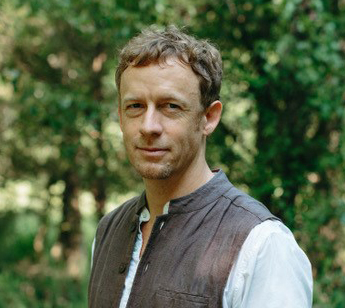
Director of Graduate Studies
Associate Professor
Sociocultural Anthropologist
ctm22@email.unc.edu
919-962-1243
Alumni Building 409G
Website
Research Interests
Colonialism; Aftermaths and Remains; Political Culture, Recognition and Belonging the State; Anxiety; Chokepoints; Plants & Chemicals; Plantations; Postcolonial Theory; South Asia; Himalayas; India
Specializations
Political Anthropology; Sociocultural Anthropology; EthnographyResearch Background
My work focuses broadly on questions of the state, power, politics, and post/coloniality—themes I explore through ethnographic and historical techniques. My research often questions if—and how— colonial pasts shape contemporary life and politics. My first book, The Demands of Recognition: State Anthropology and Ethnopolitics in Darjeeling (Stanford University Press, 2015), examined the afterlives of colonial anthropology in present-day communities’ quests for subnational autonomy and tribal recognition in India. The book I’m currently writing, Quinine Remains, examines the afterlives of the anti-malarial quinine in India. I am a founding member of the NSF-supported Chokepoints Collective—an interdisciplinary collaboration to study sites that ‘choke’ the flows of people, resources, and information upon which contemporary life depends. I am co-editor of the book, Darjeeling Reconsidered: Histories, Environments, Politics (Oxford University Press India, 2018). Before that, I co-founded and edited the Fieldwork(ers) project which brought ethnographers and research assistants into critical dialogue with one another to reflect on the practice of ethnography. I continue to write on topics, including: affirmative action, anxiety, assassination, autonomy, borders, belonging, colonial rule, frontiers, internal colonialism, logistics, plantations, political violence, popular culture, post/coloniality, security, and social theory.
Education
PhD, Cornell University, 2010; MA, University of Chicago, 2002 ; BA, University of Virginia
Current Courses
- ANTH 898 – RUINS REMAINS AND AFTERMATHS (W, 10:10 AM – 12:40 PM)
